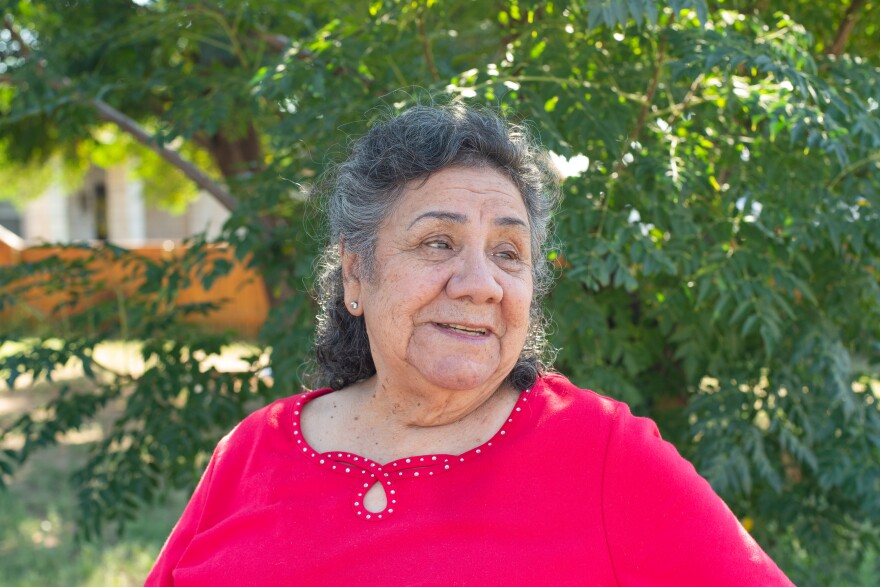Midland is a city with a long history — one that goes well beyond the Permian Basin's status as the center of the country's largest oil field. The lives of so many people here have made Midland the community it is today, a city rife with industry and innovation.
But not every story has been valued or given room to be told. So, Marfa Public Radio partnered with Basin PBS and other local organizations to help find and highlight the stories of Midland's Black and Hispanic communities.
"Midland: Our City, Our Stories" is the result of this collaboration.
Below you will hear about Southeast Midland's Lee Street and the businesses that used to exist there. Memories of long hours picking cotton, working toward a dream. The challenges of school integration and the fallout of closing Midland's only high school for Black students. And a story about being different, but eventually finding acceptance.
For more stories in the project, tune into Basin PBS at 7 p.m. on Sept. 8, 15, 22 and 29 for its four-part documentary series. Each episode will be followed by a televised town hall.
Karen Cook

In the 1960s and 1970s, Karen Cook grew up going to her father’s barbershop on Lee Street in Southeast Midland. Back then, she says Lee Street was a mainstay for Black Midlanders, a place they could get a haircut, go grocery shopping, or spend the night out.
Now, Lee Street is a shadow of the busy thoroughfare Karen remembers. While remnants of the business there remain, the street has largely grown quiet as Midland developed and the glory days of Lee Street faded into the past.
Olga Sanchez

As a young girl in Pecos, Texas, Olga Sanchez wanted to be a hairdresser. But when her mother died in 1958 she moved to Midland. Soon, she dropped out of school and began working to support her family.
Over the years, Olga would wake up early on cold fall days to pick cotton. And later, after getting married and becoming a mother, she would start cleaning houses. Eventually, Olga was able to attend beauty school, realizing a long-held dream of styling hair.
Conrad Coleman

In the 1960s when Conrad Coleman prepared to enter the ninth grade at Midland's all-Black campus Carver Junior-Senior High, Midland schools began to integrate. Soon, Conrad and his classmates were split between two campuses – Midland High School and Robert E. Lee High.
As Conrad remembers it, the fallout of desegregation was immense and was felt throughout the Black community.
Saul Herrera

For most of his life, Saul Herrera has had to use a wheelchair. At 10 months old, the native Midlander was diagnosed with cerebral palsy, and for most of his early education he attended school with other students with disabilities.
But by fifth grade, he started attending classes at Sam Houston Elementary, a mainstream public school in Midland. Saul remembers feeling like an outsider when he first started school there. It was a difficult time, but he says he soon found a group of friends and a sense of belonging.


